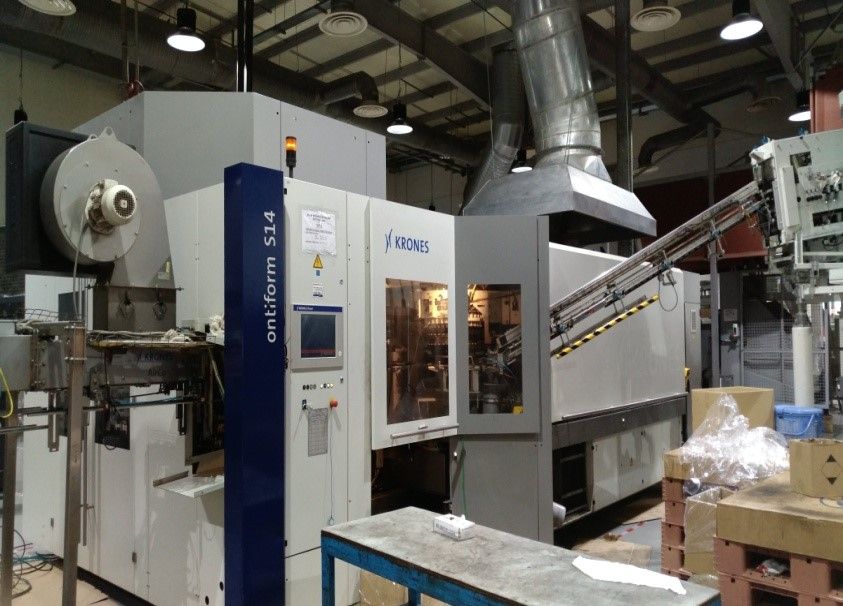In the modern age, electricity powers our lives, making it an essential part of any household. Whether you are building a new home or renovating an existing one, understanding domestic electrical installation is crucial. A well-planned and properly executed electrical system ensures safety, efficiency, and peace of mind for you and your family. In this comprehensive guide, we will explore the key aspects of domestic electrical installation, highlighting the importance of safety measures, energy efficiency, and the role of professional electricians.
**1. ** Safety First: Understanding Electrical Hazards
Electricity is a powerful resource, but it can also be dangerous if not handled correctly. Understanding the potential hazards, such as electrical shocks, fires, and short circuits, is the first step in ensuring safety during domestic electrical installation. We will discuss safety precautions, the importance of grounding, and the necessity of installing circuit breakers and safety switches.
**2. ** Planning Your Electrical Layout
Before you start the installation process, careful planning is essential. This includes deciding on the placement of outlets, switches, and lighting fixtures to meet your household’s needs. Additionally, understanding the power requirements of appliances and devices ensures that your electrical system can handle the load. We will provide tips on creating an efficient and convenient electrical layout for your home.
**3. ** Energy Efficiency: The Future of Domestic Electrical Installation
With a growing focus on environmental conservation, energy efficiency is a key consideration in modern electrical installations. We will explore the latest technologies and techniques for reducing energy consumption, including LED lighting, smart home automation, and energy-efficient appliances. These measures not only contribute to a greener planet but also lead to significant cost savings in the long run.
**4. ** DIY vs. Professional Installation: Making the Right Choice
While some minor electrical tasks can be handled by homeowners, complex installations and repairs should always be entrusted to licensed electricians. We will discuss the advantages of hiring professionals, including their expertise, adherence to safety codes, and the assurance of high-quality work. Knowing when to seek professional help can prevent accidents and ensure the longevity of your electrical system.
**5. ** Regular Maintenance and Upgrades
Just like any other system in your home, your electrical installation requires regular maintenance to function optimally. We will provide a checklist for routine inspections and maintenance tasks, such as checking for signs of wear and tear, upgrading outdated wiring, and ensuring that your system is up to code. Regular maintenance not only enhances safety but also extends the lifespan of your electrical components.




